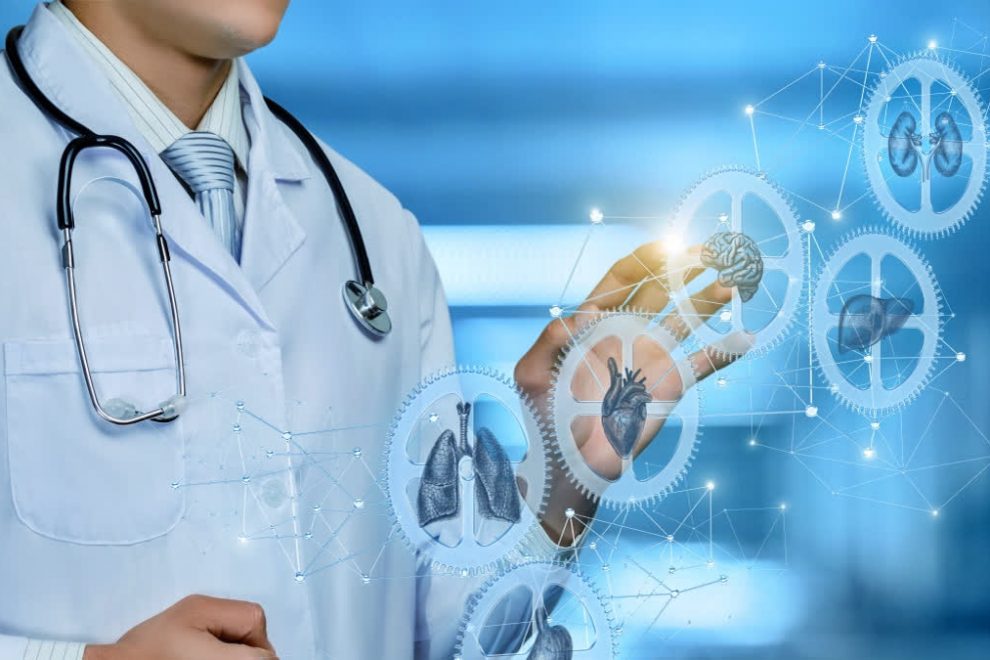Artificial intelligence capable of detecting surgical site infections from patient-submitted photos with 73% accuracy could both improve patient care and lessen clinician workload after surgery.
Mayo Clinic has created an artificial intelligence tool that can accurately detect surgical site infections (SSIs) from patient-submitted photos in electronic health records—a breakthrough that could transform postoperative care by enabling more timely outpatient monitoring, according to the health system.
WHY IT MATTERS
This new AI tool, built on a Vision Transformer model, was trained using over 20,000 images from 6,060 adult patients treated across nine Mayo Clinic hospitals. The model first determines whether a photo includes a surgical incision and then evaluates it for signs of infection.
The research, published this month in the Annals of Surgery, involved patients who sent photos of their surgical sites through the patient portal within 30 days after their procedures. The tool responds to a growing administrative burden driven by the rise in outpatient surgeries and the increasing volume of incision images patients upload to Mayo’s portal.
“Early detection of SSIs is crucial for reducing postoperative complications,” the study authors emphasized.
“Our AI model can automatically triage these images, facilitating early detection and improving communication between patients and their care teams,” said Dr. Cornelius Thiels, a hepatobiliary and pancreatic surgical oncologist at Mayo Clinic and co-senior author of the study.
While the majority of patients who submitted photos were white (92.5%) and female (61.4%), with a median age of 54, Mayo Clinic noted that the study addressed concerns about algorithmic bias, demonstrating that the model performed consistently across different demographic groups.
The AI achieved a 94% accuracy rate in identifying images that contained incisions. It detected that 6.2% of the submitted images showed SSIs, with a 73% accuracy rate for identifying infections.
Mayo Clinic researchers believe this technology could significantly improve postoperative care by minimizing delays in diagnosing infections and offering patients quicker responses.
“For patients, this could translate to faster reassurance or earlier detection of complications,” said Dr. Hala Muaddi, a hepatopancreatobiliary fellow at Mayo Clinic and lead author of the study. “For clinicians, it helps focus attention on cases that truly require it—particularly valuable in rural or resource-limited settings.”
With further validation, Mayo Clinic envisions this AI not only serving as a primary screening tool but also paving the way for future models capable of detecting subtle indicators of infection before they become visible.
THE BROADER CONTEXT
Post-discharge complications within the first 30 days after surgery can disrupt recovery and often lead to hospital readmissions—making digital tools increasingly valuable.
Earlier research has shown that remote digital health solutions can detect complications at earlier stages and correctly identify wound infections in most patients. However, these studies also pointed out that higher-quality evidence is needed before such digital monitoring becomes a standard part of postoperative care.
Since then, real-time predictive models that assess hospital patients’ risk of developing sepsis have gained traction.
Yusuf Tamer, principal data and applied scientist at the Parkland Center for Clinical Innovation, explained that integrating such algorithms into clinical workflows using Fast Healthcare Interoperability Resources (FHIR) APIs makes them actionable at the point of care—helping lower sepsis mortality rates. Parkland’s real-time model, for example, checks the electronic health record every 15 minutes and alerts clinicians through a decision support app when a patient’s risk crosses a critical threshold, enabling them to easily interpret and act on the results.
“While model performance is essential, providers are more likely to use a model that’s explainable and trustworthy—even if it performs similarly to others,” Tamer told Healthcare IT News last year. “This is a crucial insight for healthcare and health IT today.”





























